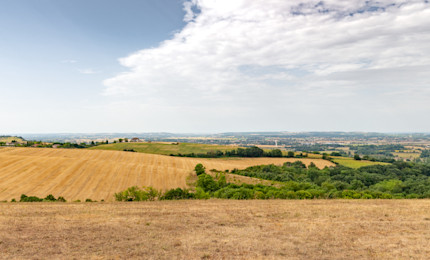Urgence gaz 0 800 028 800

NGV station owner: Teréga at every stage of your project
We are committed to energy transition as an integral part of meeting European and national objectives (Energy Transition Law for Green Growth (LTECV)), so we want to support new low and very-low emission practices among public and private actors through the development of our infrastructures. Thus we offer support from the very start of your project.
What are the basic preliminary requirements for setting up your project?
As a preliminary to the process of connecting up a NGV station, the project leader is strongly encouraged to carry out a few initial market research steps to help bring their project to fruition:
perform a market study (situation of potential customers, kilometres travelled, number of vehicles per day etc.);
identify possible plots of land to accommodate your station (500 to 5,000 m2);
contact us for grid locations.
What are the key stages in bringing your project to fruition?
From the routing and delivery infrastructure point of view, the connection of a NGV/BioNGV station requires four essential stages to arrive at the project going live:
A free, no-obligation investigation, based on an expression of needs document (completed by the project leader) including the technical data needed for calculations:
determining estimated draw-off profiles based on current consumption managed by you (diesel, petrol etc.);
identifying the project site, favouring proximity to gas grids.
This consists in a technical study of your NGV/BioNGV station’s connection to our transport grid.
That investigation makes it possible to:
confirm its feasibility in principle,
establish a preliminary budget for the connection,
set out a preliminary schedule for the connection.
That investigation takes less than a month.
Once a feasibility study agreement has been signed, and the expression of needs file has been updated, Teréga carries out a chargeable and binding study to confirm whether the project is achievable.
Our connection contract comprises:
general terms and conditions (link to connection contract general terms and conditions) and its appendices. Most importantly, these set out the obligations upon each party, along with the general principles governing the connection service;
particular terms & conditions and appendices. These define specific arrangements for each project.
This last phase extends over 13 to 24 months on average, depending on administrative application processing times.
It includes the engineering study, construction and gas supply to the connection facilities: branch line and delivery station.




